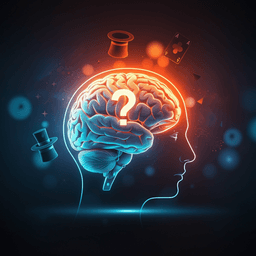
Computer Science
Flexible learning of quantum states with generative query neural networks
Y. Zhu, Y. Wu, et al.
Discover the innovative GQNQ neural network developed by Yan Zhu and colleagues, which learns multiple quantum states from classical data! This powerful tool not only predicts measurements but also identifies unique phases of matter and clusters quantum states, paving the way for advanced quantum characterization.
Related Publications
Explore these studies to deepen your understanding of the subject.







